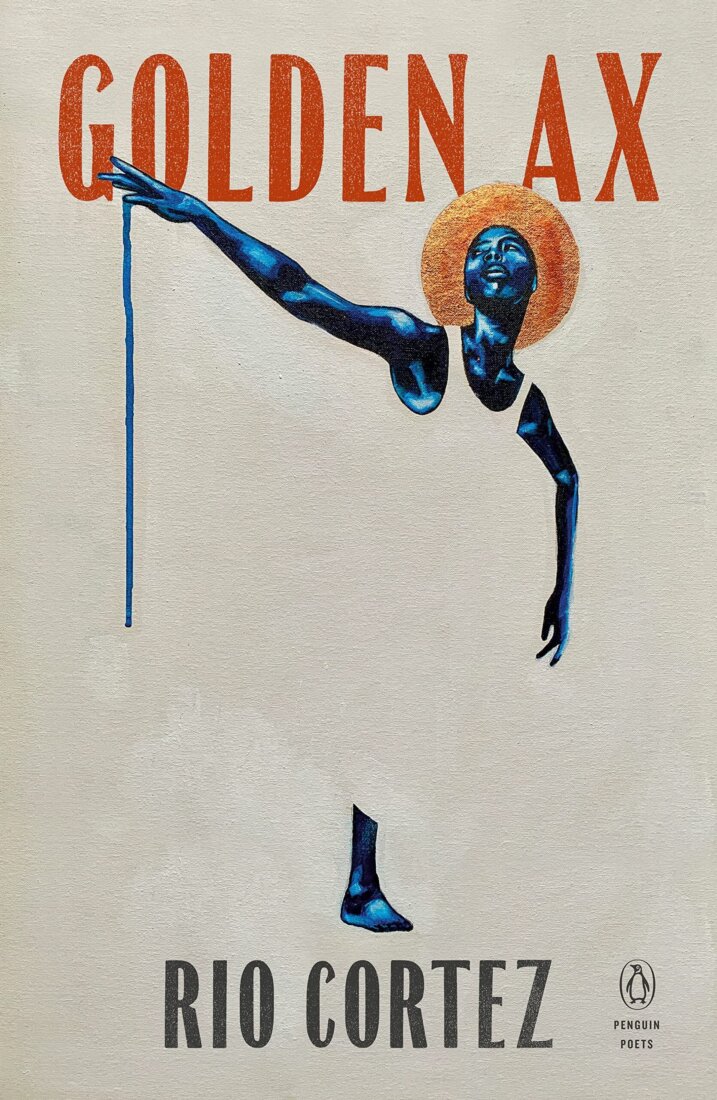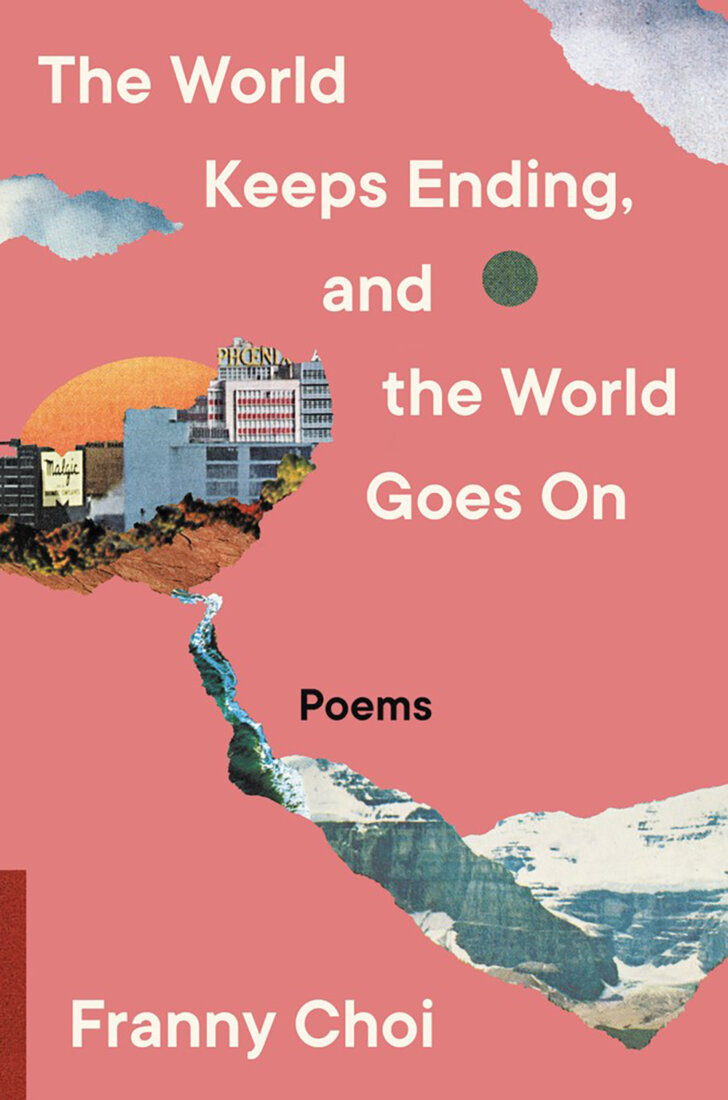A Series of Un/Natural/Disasters by Cheena Marie Lo
If you were pressed to categorize a book of poetry on your bookshelf as fiction or nonfiction, would you choose fiction? Most people probably would. Poetry has a reputation for being airy and fantastical, for dwelling in the realm of emotions and dreams, not in the “real world.” Yet there is a strain of poetry that is explicitly concerned with informing readers about real events: documentary poetry. Cheena Marie Lo’s A Series of Un/Natural/Disasters (Commune Editions, $16, 9781934639191) is an excellent contemporary example, using statistics and phrases pulled from the news to trace human responsibility for the outcomes of devastating “natural” events like Hurricane Katrina and Hurricane Sandy. Lo compares ecological processes like seasonal migration with the movement of evacuees in response both to the destruction caused by a storm and the failure of systems expected to provide help. At the same time, Lo points to the recovery of nature as a model for community recuperation through mutual aid. This is a great collection to read alongside Patricia Smith’s Blood Dazzler—another powerful documentary book of poems that chronicles state failure and human resilience during and after Katrina.
—Phoebe, Associate Editor
The Best We Could Do by Thi Bui
I was introduced to The Best We Could Do (Abrams ComicArts, $19.99, 9781419718786) in a college English class, which admittedly isn’t the most exciting way to find a book. But as a 20-something with lots of emotions about parenting and intergenerational trauma, I found author-illustrator Thi Bui’s story at exactly the right time. This graphic memoir flows between present and past. In the frame story, Bui is anxious that her flawed relationships with her parents will define how she interacts with her newborn son. In an effort to alleviate her anxiety, she sits down with her parents and attempts to figure out how they became who they are, journeying with them through their childhoods in war-torn Vietnam, their harrowing migration as refugees and their imperfect restart in America. Told through beautiful watercolor illustrations and sparse, emotionally-wrought text, Bui’s memoir does not offer easy answers to questions about trauma, immigration and family. However, The Best We Could Do is a tremendous lesson in empathy and a testament to healing through human connection.
—Jessica Peng, Editorial Intern
One Last Stop by Casey McQuiston
Casey McQuiston’s sophomore novel, One Last Stop (Griffin, $16.99, 9781250244499), is a clever, emotionally resonant take on a timeslip romance with an utterly dreamy love interest: 1970s punk feminist Jane Su, who is mysteriously trapped outside of time on the New York City subway. As they proved in their already-iconic 2019 debut, Red, White & Royal Blue, McQuiston understands that in order for readers to wholeheartedly invest in a heightened scenario, it helps to have characters who are going through things that are eminently relatable. And so, recent New Orleans transplant August Landry’s quest to rescue Jane is balanced by the travails and triumphs of her job at Pancake Billy’s House of Pancakes (one of the best fictional diners ever?) and the slow blossoming of her relationships with her roommates into something like family. It’s an achingly sweet portrait of a closed-off loner finding community for the very first time, and an ode to being young, broke and happy in NYC. It all culminates in a perfect finale, where August must draw on her new connections to pull Jane free and secure their happily ever after.
—Savanna, Managing Editor
The Wandering Earth by Cixin Liu
Our whole planet is migrating in the title story of The Wandering Earth (Tor, $19.99, 9781250796844) a collection by Cixin Liu, renowned author of The Three-Body Problem. Faced with proof of the sun’s imminent death, humanity collectively seeks to escape obliteration by installing giant plasma jets to propel the Earth toward a new solar system. As mankind’s home is transformed into one massive spaceship, an unnamed protagonist watches decades of his life pass, narrating with straightforward melancholy as he witnesses tragedy and chaos. As changes to Earth’s orbit cause boiling rain to fall and oceans to freeze, the cataclysmic, sublime journey of “The Wandering Earth” will batter you with alternating waves of immense beauty and terror. And don’t expect a chance to surface for air after finishing this first story: The next nine continue to pummel the reader with Liu’s staggering imagination and rare talent for combining grandiose backdrops with personal stories suffused with aching emotion, such as that of a man climbing a mountain made of water, or a peasant boy growing up to become a space explorer. Liu’s eye for detail and mind for the poetic add a profundity to The Wandering Earth, elevating it to stand among the best science fiction.
—Yi Jiang, Associate Editor































